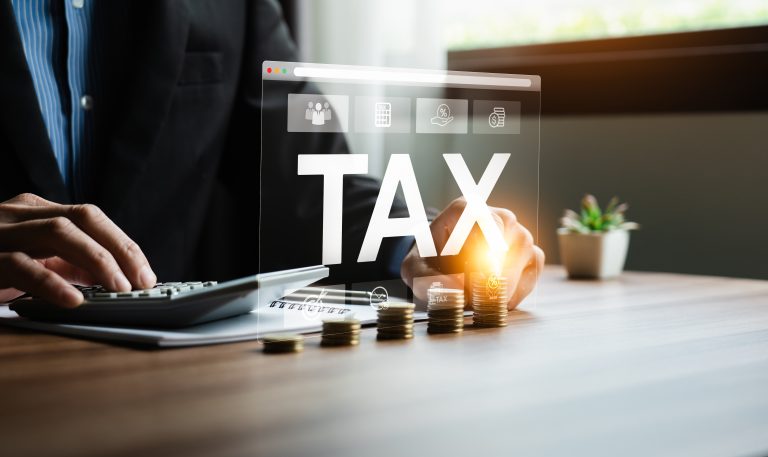Starting a new business is no simple thing. While a start-up can be generated from something as simple, innocuous even, as a good idea, the reality of bringing that idea to the marketplace is often more complex than the average entrepreneur expects. This is particularly true when it comes to finances, which should not be taken lately – especially with respect to taxation. Tax is a crucial consideration, even if only for the avoidance of damaging punitive measures; what, then, do you need to know?
Corporation Tax
Your main concern will likely fall with the tax you’re most familiar with applying to businesses: Corporation Tax, which is applied to the profits your business makes in a given annual accounting period. There are numerous potential brackets your business can fall into, but the lowest rate for Corporation Tax is 19%, and the highest 25%. Marginal Relief, introduced in 2023, makes Corporation Tax a sliding scale between these two, related to your profits in a given period.
PAYE and National Insurance Contributions
As a start-up, you will naturally be hiring staff as operations expand. This incurs specific obligations with respect to the paying of salary, including contributions to National Insurance on behalf of your employees. These obligations are all described by PAYE (Pay As You Earn), the system through which employees are paid, and have Income Tax and National Insurance contributions paid to HMRC on their behalf by you as a business.
The handling of employee wages is, as it sounds, a serious and potentially complex endeavour, particularly for a start-up business where founders have little hands-on experience with accounting. It is also likely that your start-up doesn’t yet have a budget for payroll staff, making management of wages especially difficult; it is here that outsourcing to a competent firm with noted advisory experience can be key, whether to help build an accounting department from the ground up or to simply handle your accounting until you’re of a size to do so yourself.
Self-Assessment and Income Tax
Even in incorporating a standalone business vehicle, you can be liable for income tax as an individual – and should organise your finances accordingly. For instance, I you take dividends or any additional income outside of your position in your business (for example, as a consultant for other businesses), you would need to file a self-assessment tax return to account for these earnings.
Self-assessment tax returns are usually the haunt of sole-trading freelancers, but can be required of anyone that earns additional income above the Personal Allowance of £12,570 – which is likely already taken up by your salary. It can be difficult to track these obligations when dealing with the often-messy start-up of a larger enterprise, so it’s especially important to keep a tight grip on your personal finances to avoid potentially hefty penalties from HMRC.
Capital Gains Tax on Business Assets
If your start-up is in a position to sell assets of its own, whether to private individuals or as a wider deal with another business, Capital Gains Tax is a key consideration. The sale of any business’ assets will incur Capital Gains Tax obligations, above an exemption threshold of £3000 per year. The rate of tax is different depending on the assets sold; chargeable assets that are neither property nor investment gains are taxed at 20%.


